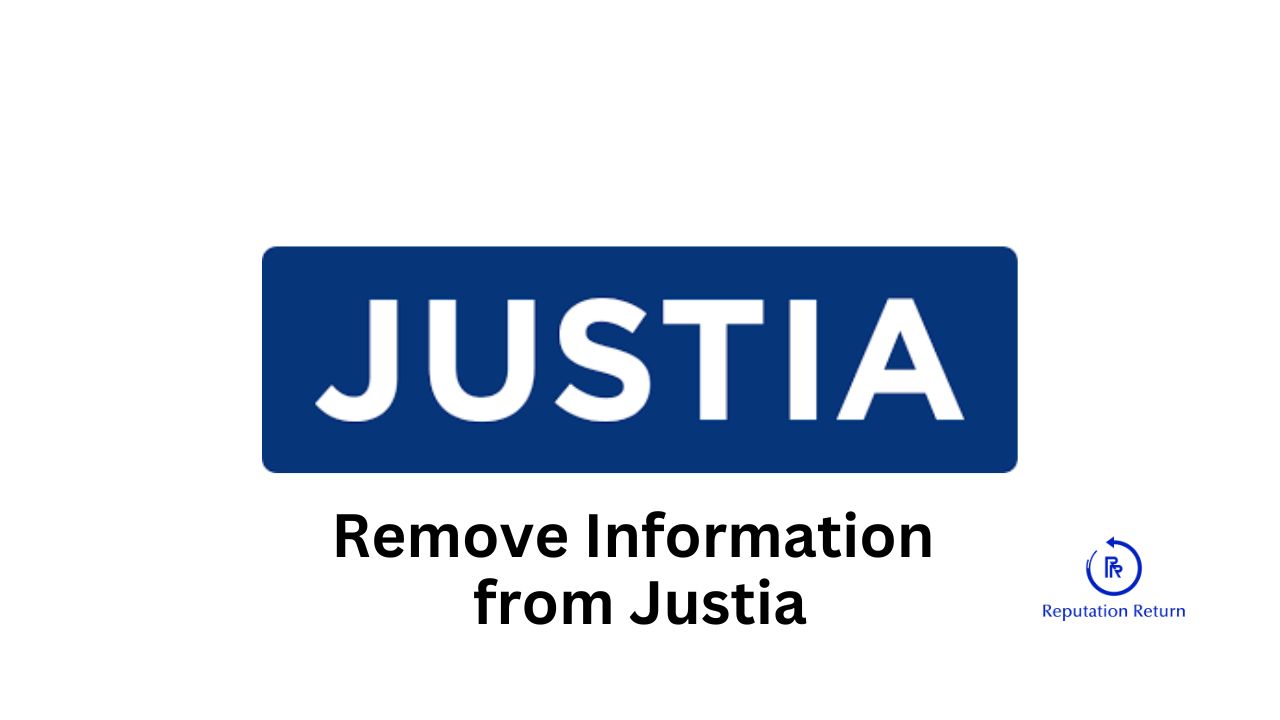Justia is a comprehensive legal resource platform that provides access to legal information, including court opinions, case summaries, and legal documents. While Justia is an invaluable tool for legal professionals and researchers, it can also host sensitive or outdated information that may negatively impact individuals or businesses. This guide will outline the steps to remove unwanted content from Justia, helping you protect your online reputation and privacy.
Understanding Justia and Public Records
Justia compiles and publishes legal documents and court records, making them easily accessible online. This transparency serves an important public function but can also lead to long-lasting reputational damage for those involved in negative or outdated legal proceedings.
The Impact of Unwanted Content
- Reputation Damage: Unwanted content can harm personal and professional reputations, affecting career prospects and business relationships. Learn how we can help you recover your reputation after an unwanted Justia listing.
- Privacy Concerns: Sensitive details about personal or business matters can become public, leading to privacy issues.
- Financial Implications: Negative content can deter potential clients or investors, impacting financial stability and growth.
- Emotional Distress: Continuous visibility of unwanted legal information can cause significant emotional stress.
Step-by-Step Guide to Removing Unwanted Content from Justia
- Identify the Content:
- Locate the specific case, document, or legal information on Justia that you want to remove.
- Note the case number, court, and any relevant details that will help in identifying the record.
- Request Court Records Sealing or Expungement:
- Sealing: Request the court to seal the record, making it inaccessible to the public. This is often possible for cases involving sensitive personal information or those that were dismissed.
- Expungement: In some jurisdictions, you can request expungement of certain records, which completely removes them from public access.
- Procedure: File a motion with the court that handled your case. You may need to provide a compelling reason, such as privacy concerns or the fact that the information is outdated or misleading.
- Obtain Legal Documentation:
- Once the court grants your request for sealing or expungement, obtain official documentation of the order.
- This documentation will be crucial when contacting Justia to request the removal of the information.
- Contact Justia:
- Visit the Justia website and locate their contact information or use their provided contact form.
- Compose a formal request for removal, including:
- Your full name and contact information.
- Detailed information about the case/document you want removed.
- A copy of the court order sealing or expunging the record.
- A clear explanation of why the information should be removed from their platform.
- Monitor the Request:
- Follow up with Justia to ensure that your request is being processed.
- Be prepared to provide additional information or documentation if requested.
- Request Search Engine De-Indexing:
- Even after Justia removes the information, it may still appear in search engine results.
- Use Google’s Remove Outdated Content tool to request de-indexing of the URL from search results.
- Submit the URLs of the removed Justia pages for de-indexing to ensure they no longer appear in search results.
Example Scenario
Imagine you are a small business owner who was involved in a legal dispute years ago, which was eventually resolved in your favor. However, the initial negative details about the case remain accessible on Justia, potentially harming your business reputation. You decide to take action by first filing a motion to seal the records with the court. After the court grants your request, you obtain the official order and contact Justia to request the removal of the case information, providing the necessary documentation. Finally, you use Google’s tool to ensure the information no longer appears in search results, effectively protecting your online reputation.
Legal Considerations
When dealing with legal records, it’s essential to understand that not all records are eligible for sealing or expungement. The criteria vary by jurisdiction and the nature of the case. Consulting with a lawyer can help you navigate this process more effectively and ensure that you meet all necessary legal requirements.
Technical Assistance
For those who may find the process overwhelming or time-consuming, professional ORM services like Reputation Return can provide technical and legal assistance. These services specialize in online reputation management and can help streamline the process of removing sensitive information from platforms like Justia.
Why Choose Professional Help?
- Expertise: Professionals have extensive experience dealing with online records and legal documentation.
- Efficiency: They can expedite the process and handle complex legal and technical requirements.
- Comprehensive Service: From filing court motions to managing removal requests and search engine de-indexing, they offer end-to-end solutions.
Removing unwanted content from Justia involves a combination of legal and technical steps. By identifying the specific information, requesting court records to be sealed or expunged, and contacting Justia with the appropriate documentation, you can effectively manage and remove sensitive information. Additionally, requesting search engine de-indexing ensures that the removed content does not appear in search results. Experience a more streamlined approach, professional ORM services like Reputation Return can provide valuable assistance in navigating this complex process. Taking proactive steps ensures that sensitive and potentially damaging personal reputation information is kept out of the public eye.

